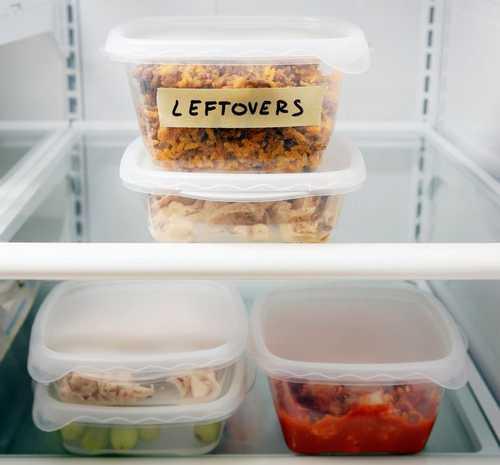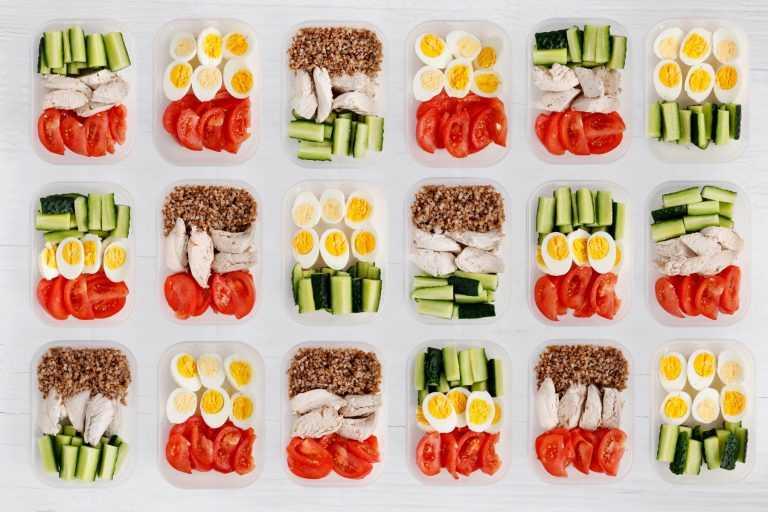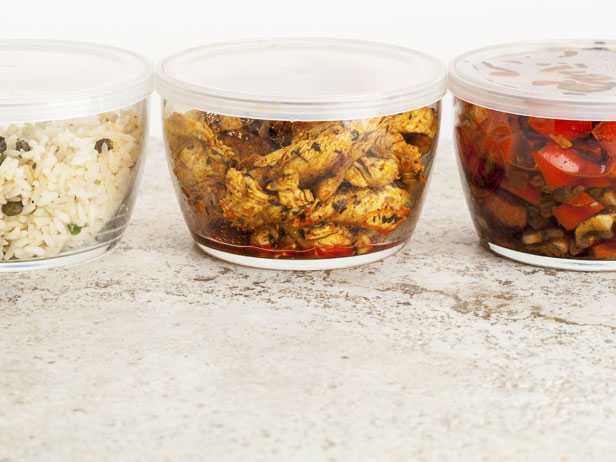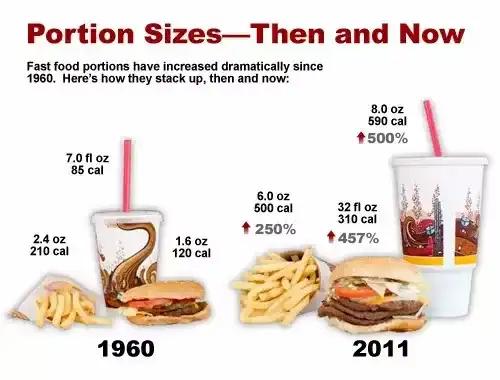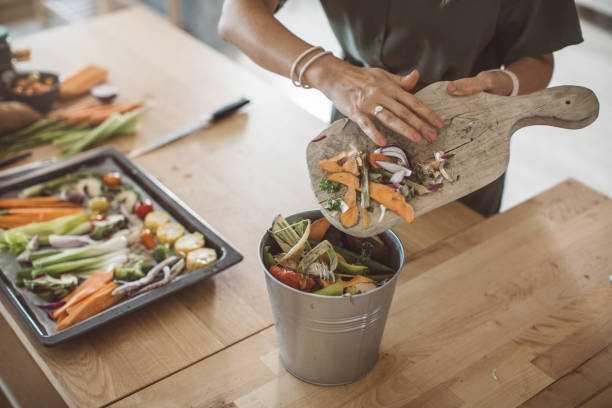Explore the World's Best Ideas
Join today and uncover 100+ curated journeys from 50+ topics. Unlock access to our mobile app with extensive features.
The Role of Money and Mold Play
People's economic situation plays a huge role in regards to how they feel about eating leftovers and throwing them away. Some people put a heavy value on leftovers to save money, while others don't.
In addition to this, there are people who get anxious over food safety because of the possibility of food poisoning.
It is recommended to keep the 2-2-4 rule in mind - within 2 hours of preparation, store leftovers in the refrigerator in a shallow 2-inch dish, and consume within four days.
11
193 reads
Cooking Confidence Matters
When we have a decent amount of knowledge and skill when it comes to cooking, we may be able to spin off a little something with our leftovers like fried rice or soups.
However, when we lack the confidence to do so, we will be less likely to try and use up our leftovers.
8
128 reads
Monotonous Eating Habits
There are people who are okay with eating the same meals every day and other people believe that they just cannot eat the same thing every single day.
There is a possibility that some of us have brains that are 'wired' to want variety, and in most case scenarios it is not a bad thing at all because we can ensure ourselves to consume a balanced diet.
9
131 reads
Attitude Towards Leftovers
During the scarcity of food during the Great Depression and WII, leftovers were the rage for over three decades.
So when the concept of refrigerators began to develop, the luxury of having leftovers can only be afforded by the wealthier families in which was a sign of prestige, but as time passes by, more and more people started owning fridges and the lux of leftovers came to a close.
As incomes rose, eating leftovers wasn't considered as economically or morally necessary anymore.
9
123 reads
Bigger Portion Sizes = Bigger Leftover
In recent decades, the portion sizes of food in American restaurants have increased in great margins to the point where people can't finish a plateful.
There's also a theory that points out the correlation between heaping portion sizes and one's sense to exercise. The theory heavily suggests that having leftovers impacts our choices of food and the amount we will be consuming.
8
119 reads
The Rise of Sustainability in Leftovers
More and more people are beginning to understand that the production process of food is resource-intensive may it be soup or nuts.
Throwing away food and wasting them is basically wasting the resources that were used to create and grow the food. Hopefully, since sustainability is becoming more mainstream, those who throw away leftovers may become motivated to change their perspectives.
8
128 reads
IDEAS CURATED BY
Lily 's ideas are part of this journey:
Learn more about health with this collection
The power of gratitude and positive thinking
Ways to improve your mood
Simple daily habits for a happier life
Related collections
Similar ideas
3 ideas
The psychology of comfort food - why we look to carbs for solace
theconversation.com
5 ideas
Intuitive Eating Is the Opposite of Dieting-That's Why We Love It
outsideonline.com
9 ideas
Read & Learn
20x Faster
without
deepstash
with
deepstash
with
deepstash
Personalized microlearning
—
100+ Learning Journeys
—
Access to 200,000+ ideas
—
Access to the mobile app
—
Unlimited idea saving
—
—
Unlimited history
—
—
Unlimited listening to ideas
—
—
Downloading & offline access
—
—
Supercharge your mind with one idea per day
Enter your email and spend 1 minute every day to learn something new.
I agree to receive email updates
